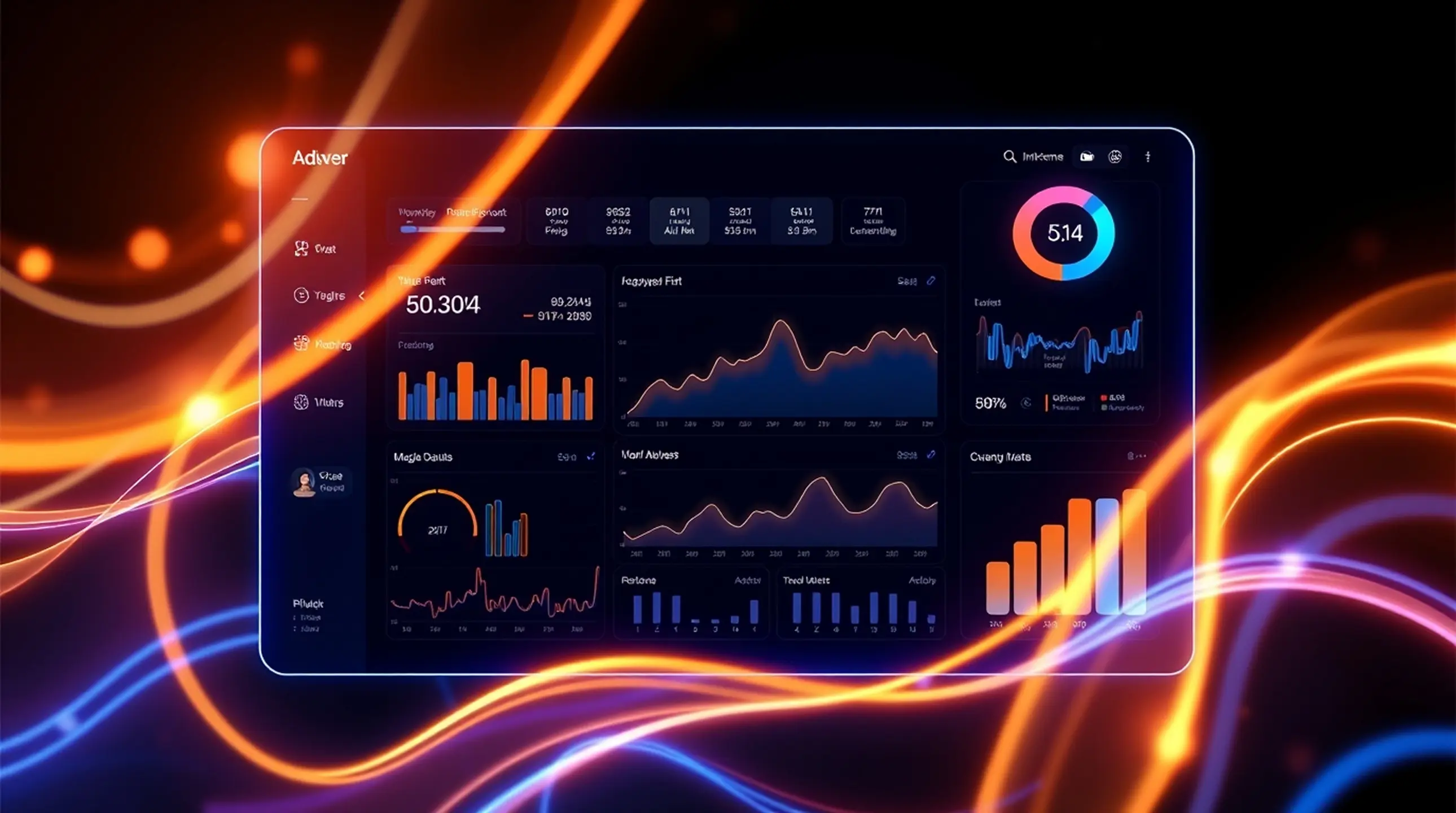Water is humanity's most vital resource, yet its sustainable management remains one of our greatest challenges. Regions globally grapple with unpredictable climate patterns, increasing demand, and the urgent need to transition from reactive crisis management to proactive, intelligent resource stewardship. A recent severe water rationing event in a major metropolitan area from April 2024 to April 2025 served as a stark warning. This painful period impacted millions of lives and highlighted a critical vulnerability: without proactive, data-driven policies, such severe situations are not merely a possibility but a certainty for the future.
At Zyllica, we believe the solution lies in a sophisticated system that aligns economic signals with environmental needs. We develop a **Comprehensive Hydrological Intelligence Model** – an advanced toolkit designed to empower water authorities to manage and predict water reserve levels with unprecedented foresight. Our approach includes Holistic Data Integration, Advanced Predictive Modeling, Scenario Simulation & Analysis, and a unique strategy to abate the challenge of unmetered concessions.
Implementing AI solutions for predictive hydrological management offers profound benefits for water authorities. It leads to proactive crisis prevention, transforming management from a reactive to a predictive framework. Our solutions enable informed and fair rationalization policies, optimize resource allocation through data-driven insights, and establish a strategic leadership position by showcasing an innovative and sustainable approach to water governance.
Contact Zyllica's Science Team to discuss how AI can secure your region's water future.
More Thought-Provoking Insights

Water scarcity is a global challenge. This article explores how AI can transform traditional, reactive water management into a proactive and predictive science, enabling intelligent consumption rationalization and ensuring a sustainable water future.

Effective water resource management is hindered by unmetered water concessions. This article explores how AI and advanced inferential modeling can transform this critical blind spot into a powerful asset, enabling authorities to make informed decisions and achieve a more complete water balance.

Industrial operations are vital for economic growth, but often have a significant environmental footprint. This article explores how AI and advanced analytics can revolutionize industrial emission control, transforming it from a reactive necessity into an intelligent, optimized, and highly effective operational advantage.